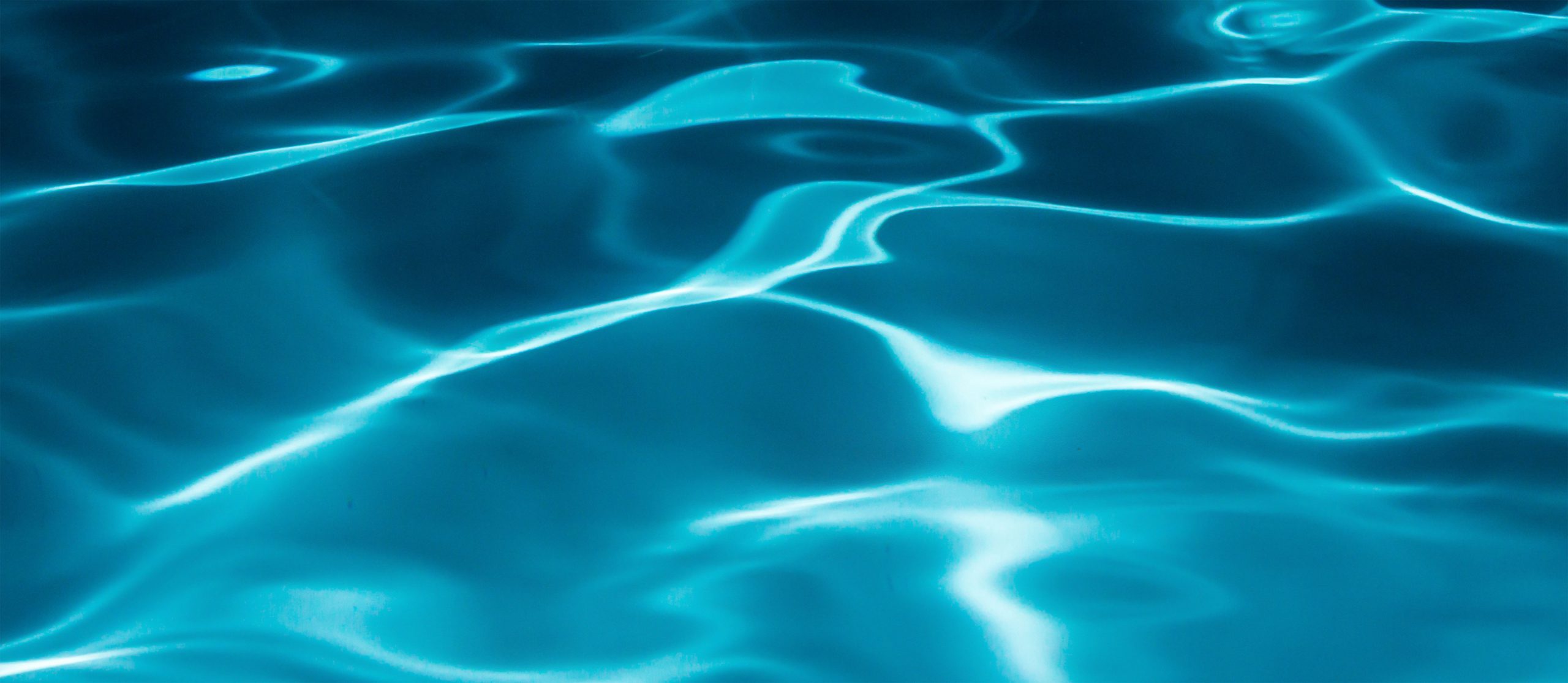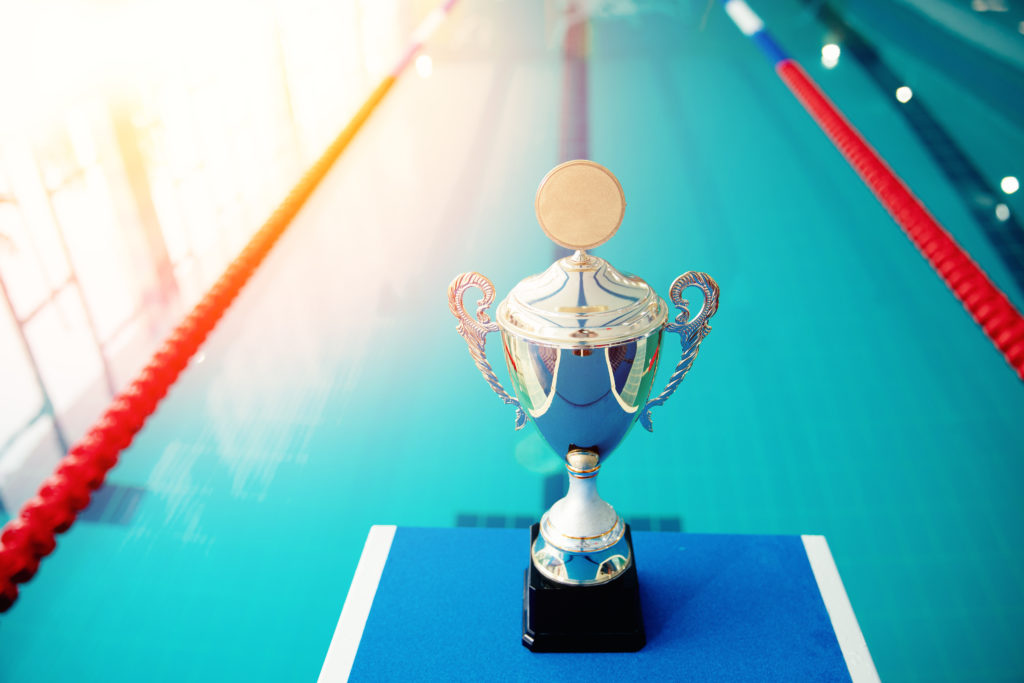Arizona representative tries to repeal pool legislation again
- June 18, 2013
- Pool Industry News and Tips,
Believe it or not, the pool industry has its fair share of important legislation. In 2012, Arizona passed Title 44, which requires new energy-efficiency standards for residential pool pumps, pool pump motors and portable electric spas. Now, Rep. Montenegro is trying to repeal it for the second year in a row, according to the Association of Pool & Spa Professionals.
The law requires that any replacement of a residential pool pump or pool pump motor is capable of running two or more speeds that are at least one horsepower. This means that single-speed pumps can no longer be installed in the state and that pool owners in Phoenix and other Arizona towns need at least a dual-speed pump.
The overall goal of this law is that by increasing the efficiency of pool pumps and their motors, pool owners can save a significant amount of money over time. Single-speed pumps run full-blast even when pool cleaners and waterfalls are not operating. Plus, they do not have the ability to dial back to a lower level of energy in order to just circulate water around a pool. This can raise electrical bills by as much as 80 percent in the long run.
If pool owners are concerned about the cost of upgrading their pump system, which tends to run between $1,200 and $1,400, they should consider the long-term benefits in cost savings.
The APSP is currently advocating against Montenegro’s repeal of this legislation, as the organization believes that the move would not be in the best interest of Arizona citizens who own or operate pools. On March 27, 2013, the bill was voted out of Appropriations by a 6-5 vote. It has not yet received approval to go to the House and most likely will not.
Keeping pools clean
Pool pumps and their motors are an essential part of a pool’s operation system. They are designed to keep water circulating, clear debris from the water and keep chemicals mixed by pushing water in and out of the filtration system.
In general, pool water should be filtrated every 24 hours, but pumps do not need to be running all the time. Also, depending on how often you and your family swim, you can decide how much filtration is necessary for your pool. There is no reason to over-filtrate pools, as doing so only increases a family’s electricity bill.


